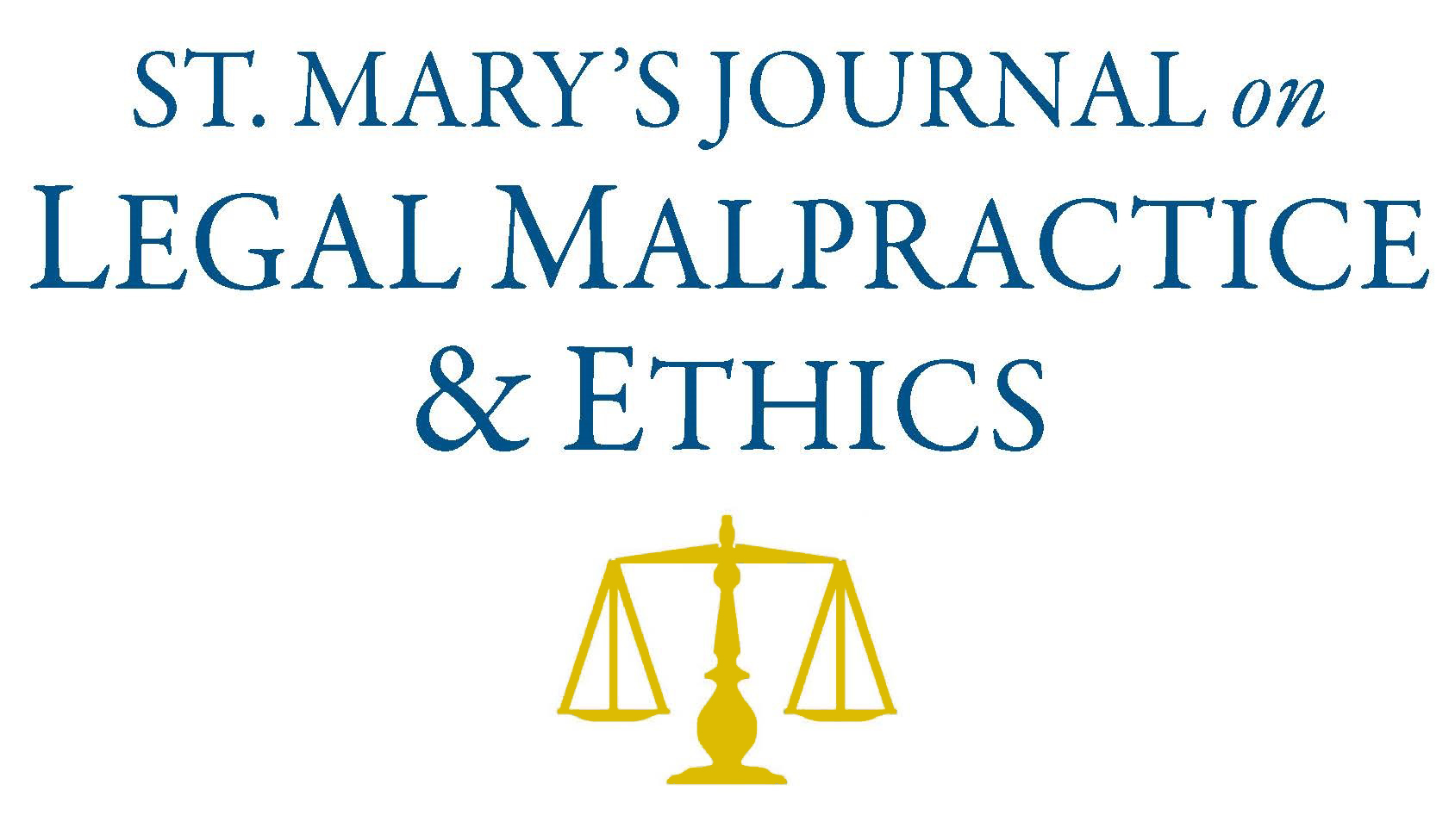
First Page
25
Date Created
1-8-2024
Publisher
St. Mary's University School of Law
Editor
Alyssa Boggs
Last Page
54
Abstract
Fictional barrister-at-law Horace Rumpole is a skillful, tenacious, and even fearsome courtroom advocate for his criminal defense clients. He cares deeply about winning. But Rumpole departs from the stereotypical heroes and antiheroes of fictional courtroom drama in that he typically complies fully with the ethical constraints on advocacy and the truth-finding process. When Rumpole does occasionally stumble, it is in the other direction: by losing track of his client, and presenting often unwanted truths to elevate victory above other needs or interests that the client considers just as, or sometimes much more, important than a favorable verdict.
Using several of John Mortimer’s Rumpole of the Bailey short stories to illustrate, this Article explores the sometimes-awkward interaction of the client’s right to control decisions about the objectives of a legal representation, with the lawyer’s duty to make decisions about the means. The Article tries to show how this interaction surfaces client self-determination as a positive, if not always properly-appreciated, principle of justice in our legal system, and closes with a discussion of lessons the Rumpole stories may have for so-called movement lawyering.
Recommended Citation
Thomas N. Bulleit, Esq.,
Rumpole and the Dissatisfied Client: Lessons on Justice From Four Case Studies in Client Objectives v. Lawyer Means,
14
St. Mary's J. on Legal Malpractice & Ethics
25
(2024).
Available at:
https://commons.stmarytx.edu/lmej/vol14/iss1/2
Included in
Law and Society Commons, Legal Ethics and Professional Responsibility Commons, Legal Profession Commons

